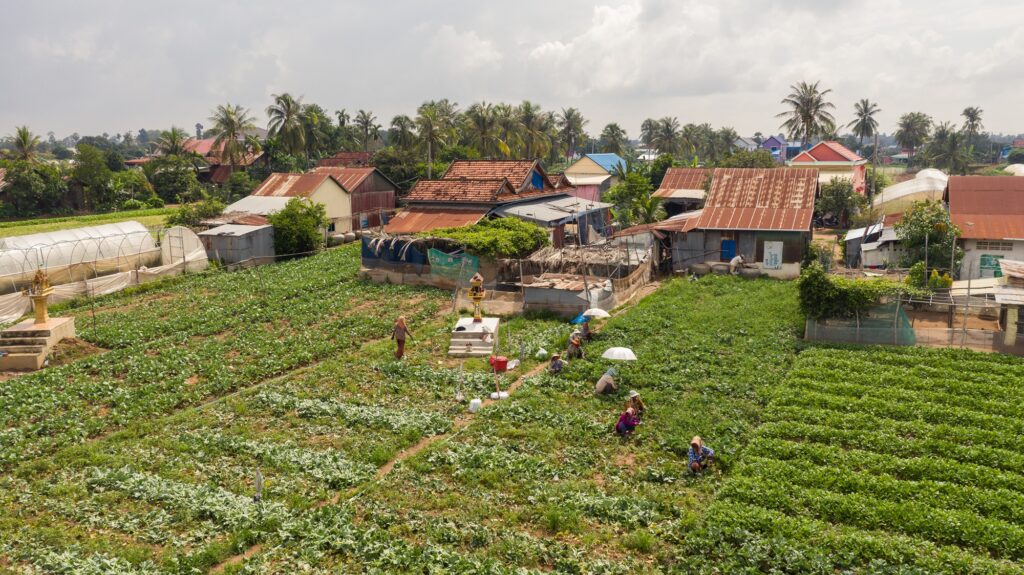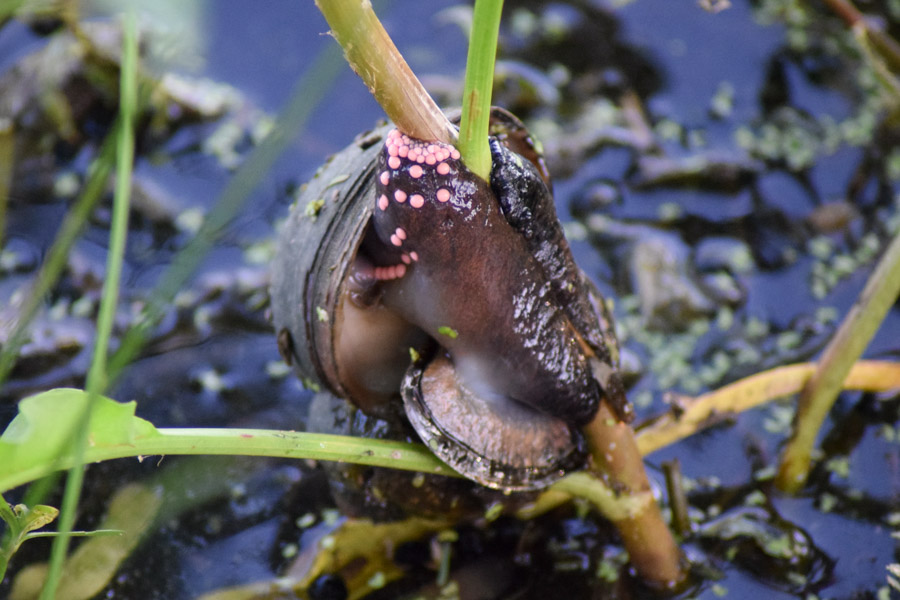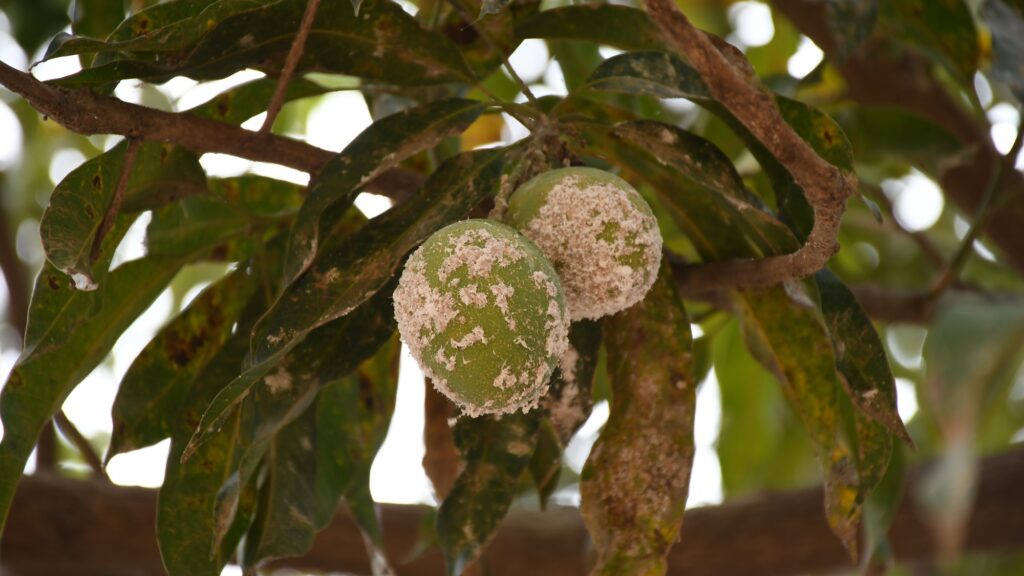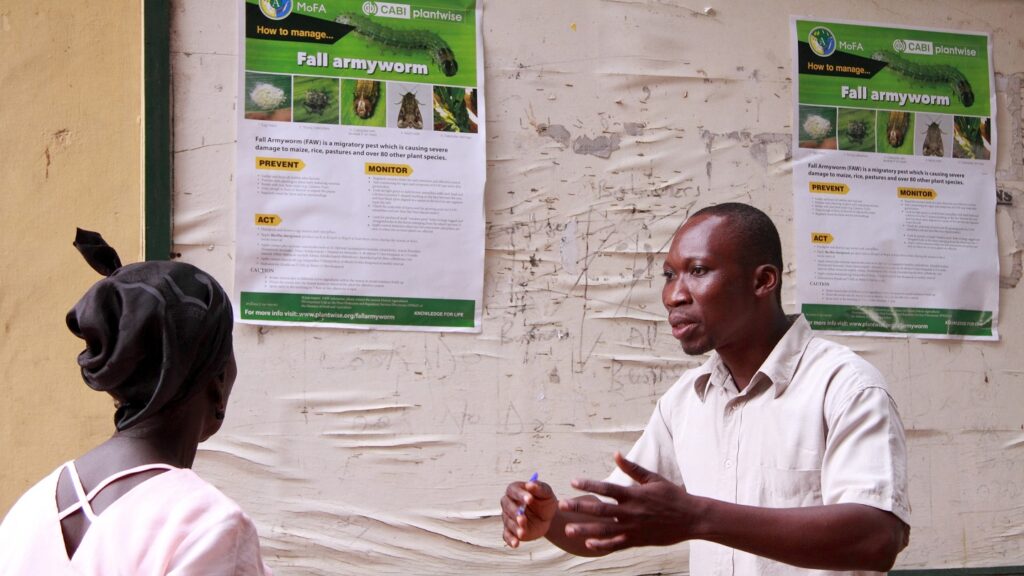Understanding mango mealybug – a significant crop pest
The mango mealybug (Rastrococus invadens) is an invasive pest outside its native home in Southeast Asia. It threatens mango crops, particularly affecting smallholder farmers. This scale insect pest lowers mango yields and quality, and because it’s a quarantine pest, it can also impact trade.
Celebrating success: Zambian smallholders combat cassava brown streak disease
Cassava is a critical crop to Zambia’s economy and food security. According to a 2019 paper, cassava (Manihot esculenta) is one of the most important root staple crops in Zambia. An estimated 30% of Zambians – over four million people – consume cassava as part of their daily diet. Indeed, this crop is so important…
Parasitic wasps play pivotal role in Kenya’s papaya mealybug control
Papaya mealybug (Paracoccus marginatus) is a devastating papaya pest. It impacts many countries in East and West Africa. Infestations can result in significant economic losses, posing a threat to the livelihoods of smallholder farmers. On average, the pest can cause anywhere from 53% to 100% crop losses, costing £2,224 per hectare annually. Its impact on…
What are CABI’s Horizon Scanning and Pest Risk Analysis tools, and how do people use them?
In 2018 and 2019, CABI launched two innovative decision-support tools for identifying pest risks. They are the Horizon Scanning Tool (HST) and the Pest Risk Analysis (PRA) Tool, both of which are used in PlantwisePlus capacity building activities. They help users identify potential future pest threats, especially those working in areas like plant protection and…
CABI study unearths important lessons for the fight against fall armyworm
A study by CABI contributes important knowledge on fall armyworm (Spodoptera frugiperda). CABI’s research findings suggests that employing more sustainable and environmentally friendly solutions could help mitigate the damaging impacts of the species.










